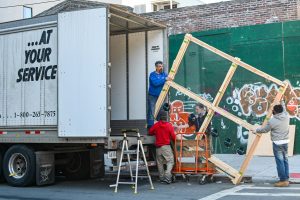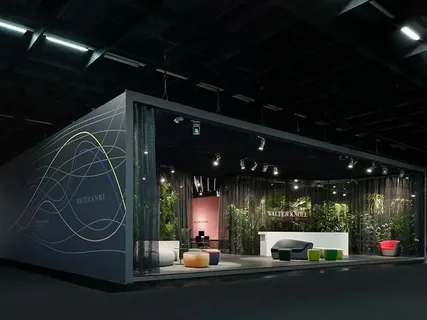Growing up as an LGBTQ+ young person often means facing unique challenges that peers may not understand. From navigating complex family dynamics to dealing with school environments that may not always feel safe or accepting, these youth frequently find themselves seeking spaces where they can be authentically themselves. Support groups have emerged as vital lifelines, offering community, guidance, and hope during some of the most formative years of their lives.
Creating Safe Spaces for Authentic Expression
Support groups provide what many LGBTQ+ youth struggle to find elsewhere: a judgment-free zone where they can express their true selves without fear of rejection or discrimination. In these carefully facilitated environments, young people discover they’re not alone in their experiences. They meet others who understand the weight of hiding their identity, the anxiety of potential rejection, and the joy of self-discovery.
These spaces become sanctuaries where youth can use their chosen names and pronouns, discuss their relationships openly, and explore questions about their identity without the pressure to have all the answers immediately. The relief that comes from this authentic expression often marks the beginning of healing and self-acceptance.
When LGBTQ+ youth hear stories from others who have faced similar challenges, they gain perspective on their own situations. Support groups facilitate these connections, allowing young people to learn from peers who may be at different stages of their journey. Some may have successfully navigated coming out to their families, while others might share strategies for staying safe in unsupportive environments.
This peer learning builds resilience in ways that traditional counseling alone cannot achieve. Youth discover that others have survived and thrived despite facing rejection, bullying, or family conflict. These stories become sources of hope and practical wisdom, showing that difficult circumstances can improve and that their current struggles don’t define their future.
Developing Crucial Life Skills
Beyond emotional support, these groups often function as informal training grounds for essential life skills. Youth practice assertiveness techniques, learn effective communication strategies, and develop conflict resolution abilities. They might role-play difficult conversations with family members or strategize ways to advocate for themselves in school settings.
Many support groups also provide practical resources and information about LGBTQ+ rights, mental health services, and educational opportunities. This knowledge empowers youth to make informed decisions about their lives and helps them become advocates for themselves and others in their communities.
Family dynamics present some of the most complex challenges for LGBTQ+ youth. Support groups offer a space to process feelings of disappointment, anger, or grief when family members struggle with acceptance. Youth learn that they cannot control their family’s reactions, but they can control how they respond and protect their own well-being.
Group facilitators and peers share strategies for maintaining relationships with family members who may need time to adjust, while also helping youth recognize when relationships become harmful to their mental health. They explore concepts of chosen family and learn that love and support can come from many sources beyond biological relatives.
Addressing School-Related Challenges
Schools can be particularly challenging environments for LGBTQ+ youth, who may face bullying, discrimination, or simply a lack of understanding from educators and peers. Support groups help youth develop strategies for staying safe while also advocating for positive change in their educational environments.
Youth learn about their rights in school settings and practice ways to communicate with teachers, counselors, and administrators about their needs. They share experiences about forming Gay-Straight Alliances or similar clubs, connecting with supportive educators, and creating peer networks that extend beyond the support group setting.
The Ripple Effect of Empowerment
Perhaps most importantly, support groups help LGBTQ+ youth recognize their own strength and potential for leadership. As they heal and grow within these communities, many become mentors for newer group members, creating a positive cycle of support and empowerment.
This transformation from seeking help to providing it builds confidence and purpose. Youth who once felt isolated and vulnerable discover they have valuable perspectives and experiences to share. They often become advocates in their schools and communities, working to create the acceptance and understanding they wished they had experienced.
Moving Forward with Hope
Support groups like the ones you can find at Encircle represent more than just weekly meetings or crisis intervention. They serve as launching pads for LGBTQ+ youth to build fulfilling lives, meaningful relationships, and strong communities. Through connection, understanding, and mutual support, these young people learn not just to survive, but to thrive as their authentic selves.










